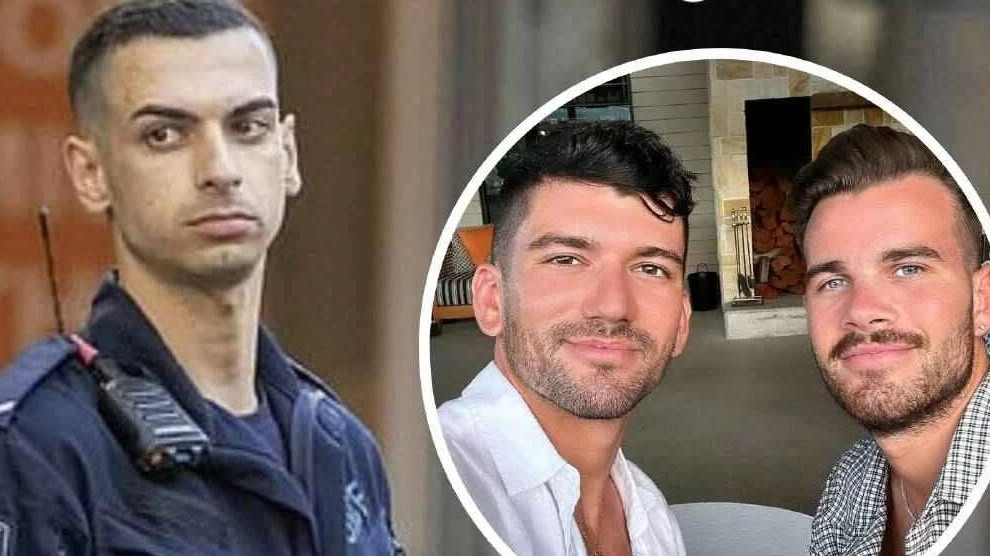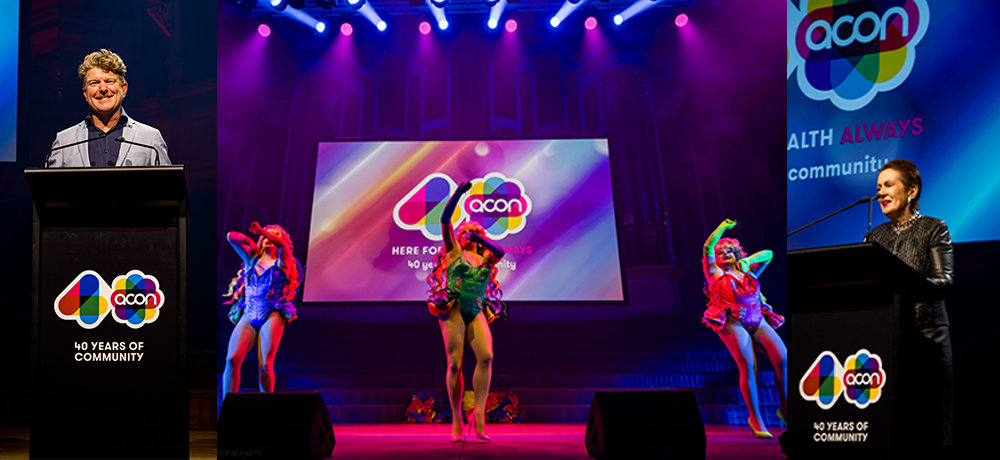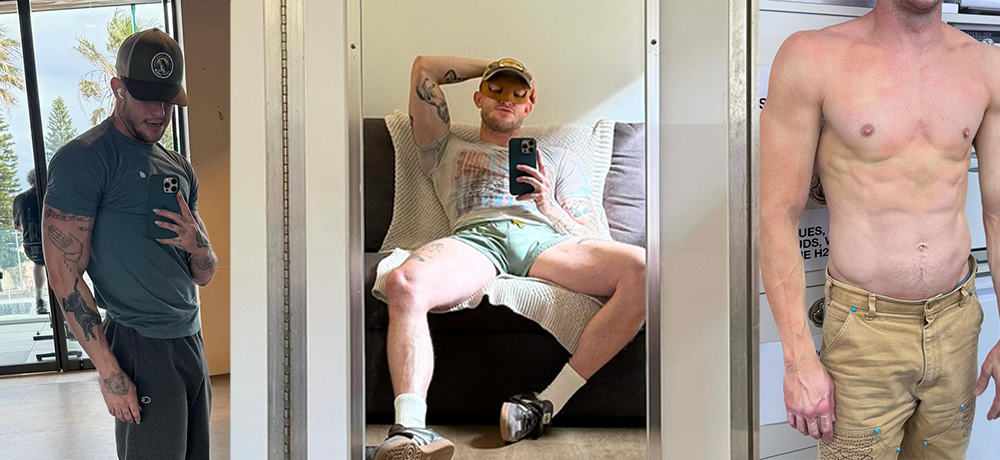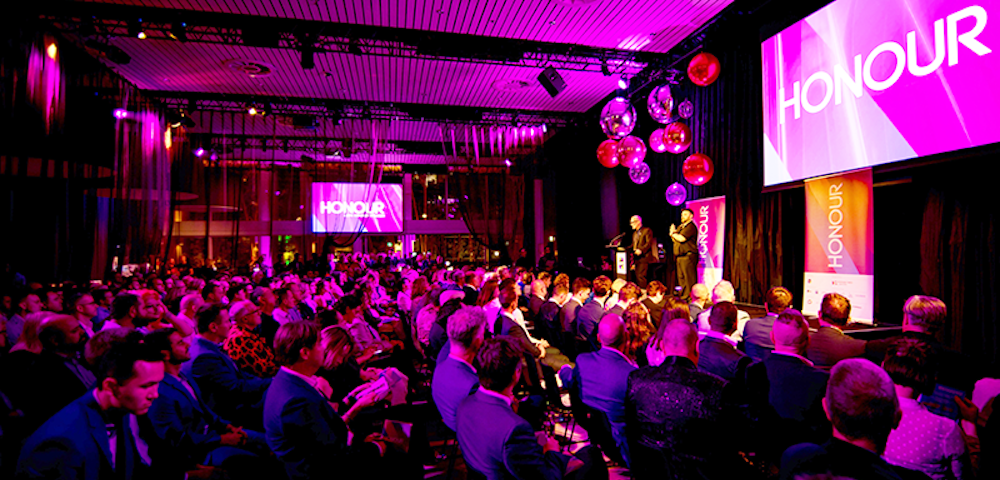
The election agenda
Are we there yet? This tortuous, meandering, page-five-headline-grabbing state election campaign comes to a close this Saturday when the people of New South Wales go to the polls.
The campaign, overshadowed almost daily by the imminent threat of war against Iraq, has centred -“ as expected -“ on law and order and the bread and butter issues of health care, education and transport.
Lesbian and gay issues have been raked over in the community press -“ particularly the unequal age of consent and reform of the Anti-Discrimination Act -“ but have not received mainstream media coverage.
Nevertheless, the co-convenors of the Gay and Lesbian Rights Lobby have put out a call urging community members to remember where candidates and parties stand on our issues when casting their vote.
It is true that people take into account a variety of elements in determining who to vote for, co-convenor Rob McGrory told Sydney Star Observer this week. But we’d like to think that for those people who are perhaps uncertain or wavering, they may take into account the gay and lesbian issues and that might be a determining factor for their vote.
McGrory suggested that lesbians and gay men with longstanding allegiances to particular parties or candidates in the Legislative Assembly could still split their support by voting in the Legislative Council elections more on the basis of a party or candidate’s position on gay and lesbian issues.
We’ve been waiting on an equal age of consent for nearly 20 years, and maybe this is the election where we say: it’s time to move on these things, he said.
Lobby co-convenor Somali Cerise (formerly Ghosh) said that lesbian and gay issues could make a difference in marginal seats such as Menai -“ a seat which the Liberal Party must win if it has any hope of clawing back Labor’s margin, let alone forming government.
With most commentators predicting a comfortable win for the government, speculation has already turned within the lesbian and gay community to possible law reform measures which a returned Labor government could effect in the first year of a new term.
As demonstrated last time with the property reform, the first year is a time when governments are more inclined to act in relation to gay and lesbian issues, McGrory said. Certainly the Western Australian example has shown that you can actually make all these changes, and the world won’t end.
Cerise said a voter poll conducted in Western Australia last year after that state passed a raft of gay and lesbian law reform measures showed that there was no voter backlash when governments pushed for gay and lesbian equality.
The Gay and Lesbian Rights Lobby poll of the four major political parties (printed in this week’s edition of the Star) shows strong support for core areas of reform from the Australian Democrats and the Greens. Labor have committed to a key Anti-Discrimination Act reform (recognising same-sex couples for the purposes of discrimination on the grounds of marital status), as well as a review of the entire Act, but maintain that the age of consent should be a conscience issue for MPs.
Cerise said it was her personal view that -“ should the Carr government be returned -“ the victory margin could determine how comprehensive a gay and lesbian law reform package could be.
If [Labor] have a very comfortable victory, I feel quite confident that we might see a Western Australian-esque change coming through, but I do think it will depend on the margin, she said. The support of lesbian and gay-friendly minor parties and independents would also be instrumental in effecting change, she said.
Assuming the Carr government is returned, we will need to really step up the campaign and hold them to their promises, Cerise stated.









